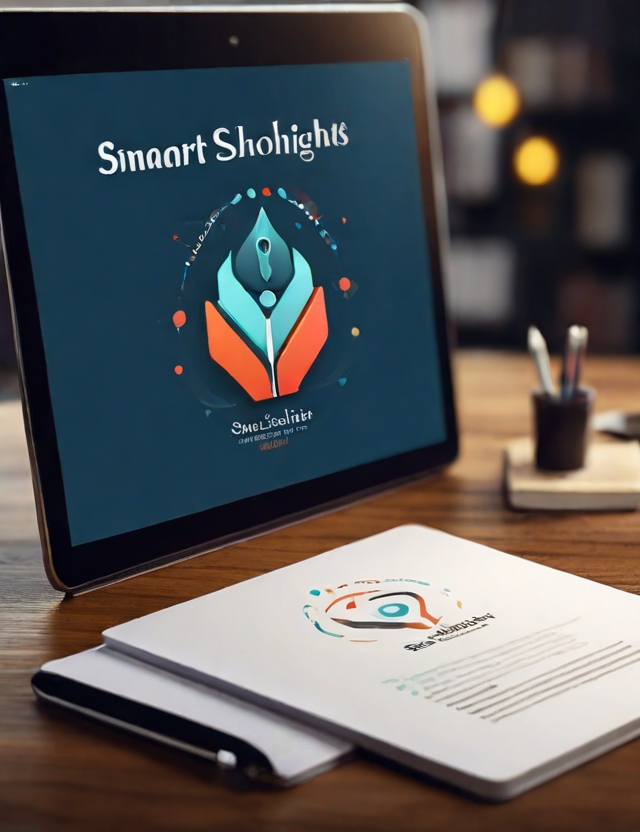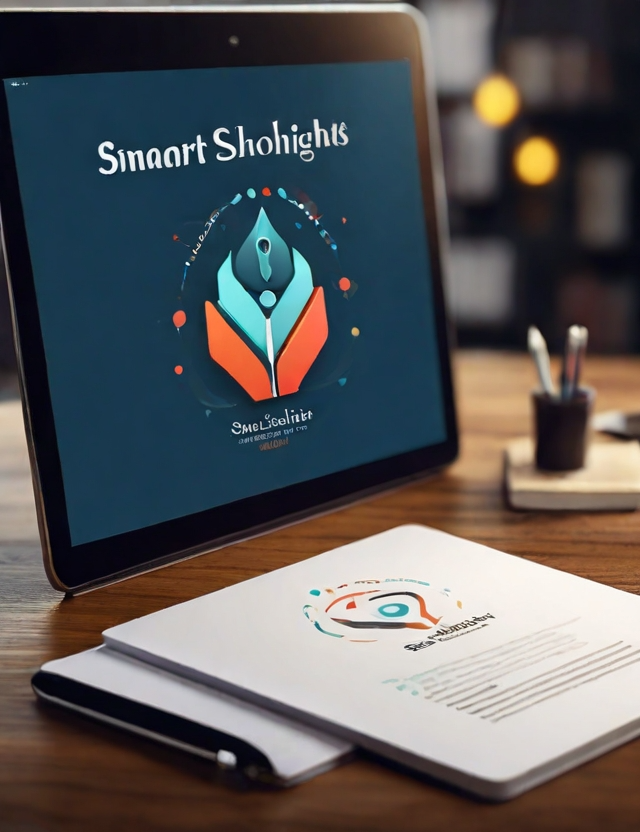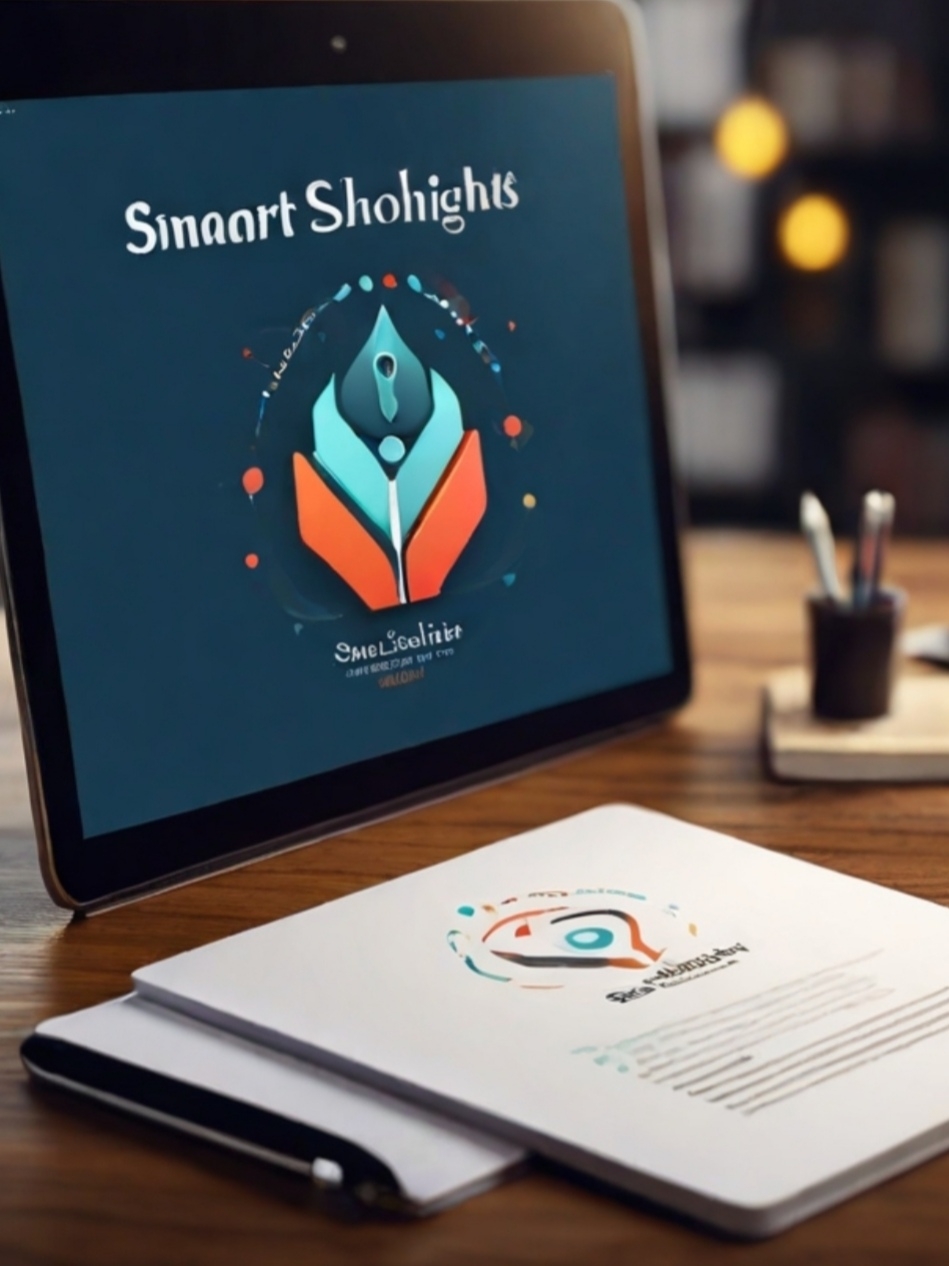Unveiling the Keys to Academic Triumph: Mastering Effective Study Approaches
Introduction:
In the pursuit of academic excellence, students often face a multitude of challenges that require strategic and efficient study techniques. Effective study approaches serve as the foundation upon which students build their understanding, retention, and application of knowledge. This essay aims to explore the significance of effective study techniques and elucidate various strategies that empower students to excel in their academic endeavors.
Active Participation in Learning:
Effective studying commences with active engagement with the material. Active learning entails students actively participating in the learning process through methods such as summarization, questioning, and problem-solving. By immersing themselves in the content, students deepen their understanding and foster critical thinking skills essential for academic success.
Harnessing the Power of Spaced Repetition:
One of the most potent study techniques is spaced repetition, which capitalizes on the spacing effect to enhance memory retention. By spacing out study sessions over increasing intervals of time, students reinforce their understanding of key concepts and mitigate the risk of forgetting. This technique is particularly effective for long-term retention, enabling students to master complex subjects and prepare thoroughly for assessments.
Embracing Retrieval Practice:
Moreover, retrieval practice is a powerful tool for strengthening learning outcomes. Retrieval practice involves actively recalling information from memory through methods such as self-quizzing, flashcards, or practice tests. By engaging in retrieval practice, students reinforce memory retrieval pathways, making it easier to recall information when needed. Additionally, retrieval practice enhances metacognitive awareness, enabling students to evaluate their learning progress and identify areas requiring further review.
Optimizing Note-Taking Methods:
Effective note-taking is another indispensable study technique that facilitates comprehension and retention of information. Whether through handwritten notes or digital platforms, organized note-taking encourages active engagement with the material and serves as a valuable reference during revision. Techniques such as the Cornell method or concept mapping promote deeper understanding and retention of key concepts.
Creating an Ideal Study Environment:
Furthermore, creating an optimal study environment is crucial for maximizing learning outcomes. Minimizing distractions, establishing a designated study space, and adhering to a structured study schedule foster concentration and productivity. Incorporating breaks, maintaining physical well-being, and practicing stress management techniques are equally essential for sustaining focus and cognitive function during study sessions.
Conclusion:
In conclusion, effective study approaches are essential for achieving academic success. By embracing active learning, incorporating spaced repetition and retrieval practice, utilizing effective note-taking methods, and creating an ideal study environment, students can enhance their comprehension, retention, and application of knowledge. Furthermore, fostering a growth mindset and perseverance through challenges are paramount for realizing one's full academic potential. Through consistent practice and the deliberate application of effective study techniques, students can embark on a journey of intellectual growth and achievement.



GG
ReplyDelete